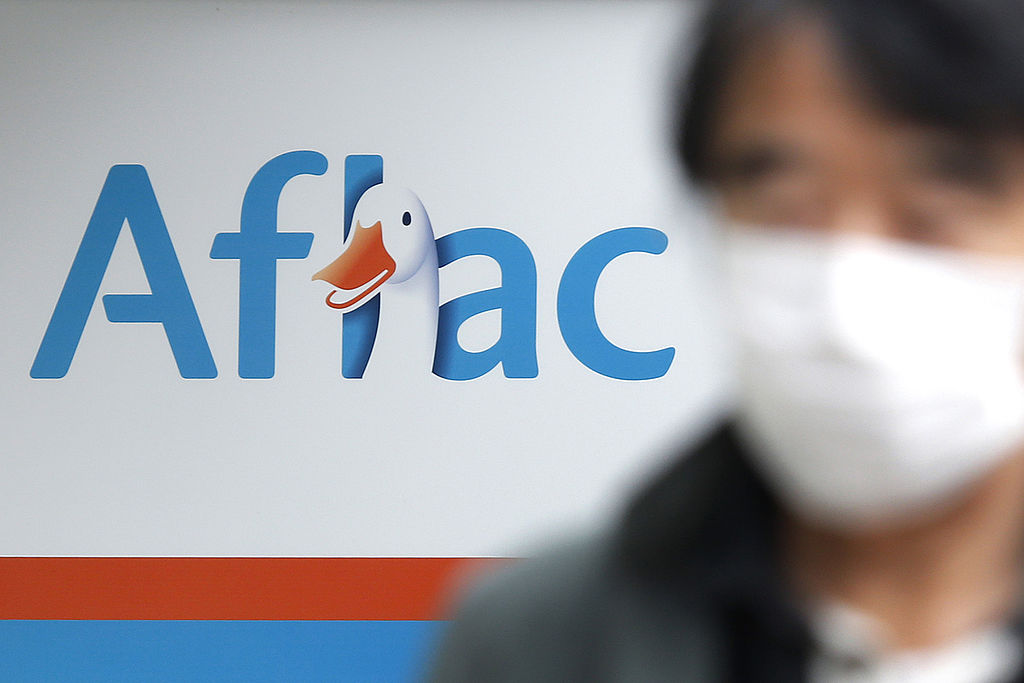In a significant legal development, the U.S. Court of Appeals for the Ninth Circuit has denied Apple’s request to stay a ruling that mandates the company to cease charging fees on in-app transactions conducted through external payment systems. This decision marks a pivotal moment in the ongoing legal battle between Apple and Epic Games, the creator of Fortnite, and has far-reaching implications for the tech industry.
Background of the Legal Dispute
The conflict originated in 2020 when Epic Games filed a lawsuit against Apple, alleging that the tech giant maintained monopolistic control over app payments by imposing commissions ranging from 15% to 30% on in-app purchases. Epic contended that these practices stifled competition and innovation within the app ecosystem.
In 2021, U.S. District Judge Yvonne Gonzalez Rogers issued an injunction requiring Apple to allow developers to direct users to alternative payment methods outside the App Store. Despite this order, Apple introduced a 27% commission on purchases made through external links and implemented warning messages, often referred to as scare screens, to deter users from utilizing third-party payment options. These actions led to further legal scrutiny and accusations of non-compliance.
Recent Court Rulings and Their Implications
On April 30, 2025, Judge Gonzalez Rogers found Apple in civil contempt for violating the 2021 injunction. She criticized the company for deliberately designing anti-competitive barriers to preserve its substantial revenue stream from in-app purchases. The judge also referred Apple and its Vice President of Finance, Alex Roman, to federal prosecutors for potential criminal contempt due to misleading court testimony.
Apple’s subsequent appeal to delay the enforcement of the April ruling was denied by the Ninth Circuit Court of Appeals. The court stated, Apple bears the burden of showing that the circumstances justify an exercise of [our] discretion. After reviewing the relevant factors, we are not persuaded that a stay is appropriate. This decision ensures that the injunction remains in effect during Apple’s ongoing appeal process, potentially leading to significant financial repercussions for the company.
Industry Reactions and Future Outlook
Epic Games CEO Tim Sweeney celebrated the court’s decision, declaring, The long national nightmare of the Apple tax is ended. This sentiment reflects the broader industry perspective that the ruling could foster increased competition and innovation within the app marketplace.
In response to the ruling, several companies have already begun adapting their business models. For instance, Proton announced plans to reduce prices for iOS users by up to 30%, attributing the price drop to the elimination of Apple’s commission fees. Similarly, Spotify and Amazon have updated their apps to allow users to make purchases directly through their websites, bypassing the App Store’s payment system.
Despite the court’s decision, Apple has expressed its intention to appeal the ruling. The company maintains that its commission fees are essential for operating the App Store and ensuring app security and user safety. However, the legal landscape appears to be shifting towards greater flexibility for developers in choosing payment methods, which could lead to a more competitive and diverse app ecosystem.
Broader Implications for the Tech Industry
The court’s ruling against Apple sets a precedent that may influence other tech companies with similar app store policies. It underscores the importance of compliance with antitrust regulations and the need for transparency in business practices. Developers now have the opportunity to implement custom payment solutions, offer flexible pricing, and build direct relationships with customers without the constraints previously imposed by Apple’s commission structure.
Furthermore, this legal development may encourage other companies to challenge existing app store policies, leading to a more open and competitive digital marketplace. Consumers stand to benefit from increased choices and potentially lower prices as developers pass on the savings from reduced commission fees.
Conclusion
The denial of Apple’s request to pause the ruling on App Store payment fees marks a significant victory for developers seeking greater autonomy over their payment systems. As the legal proceedings continue, the tech industry will be closely monitoring the outcomes and preparing for potential shifts in app store dynamics. This case highlights the ongoing tension between platform operators and developers and may serve as a catalyst for broader reforms in the digital economy.



